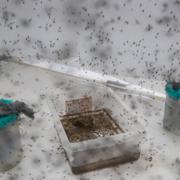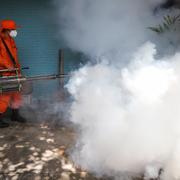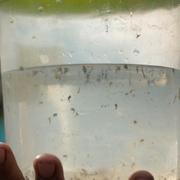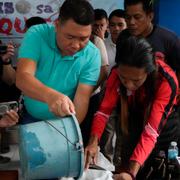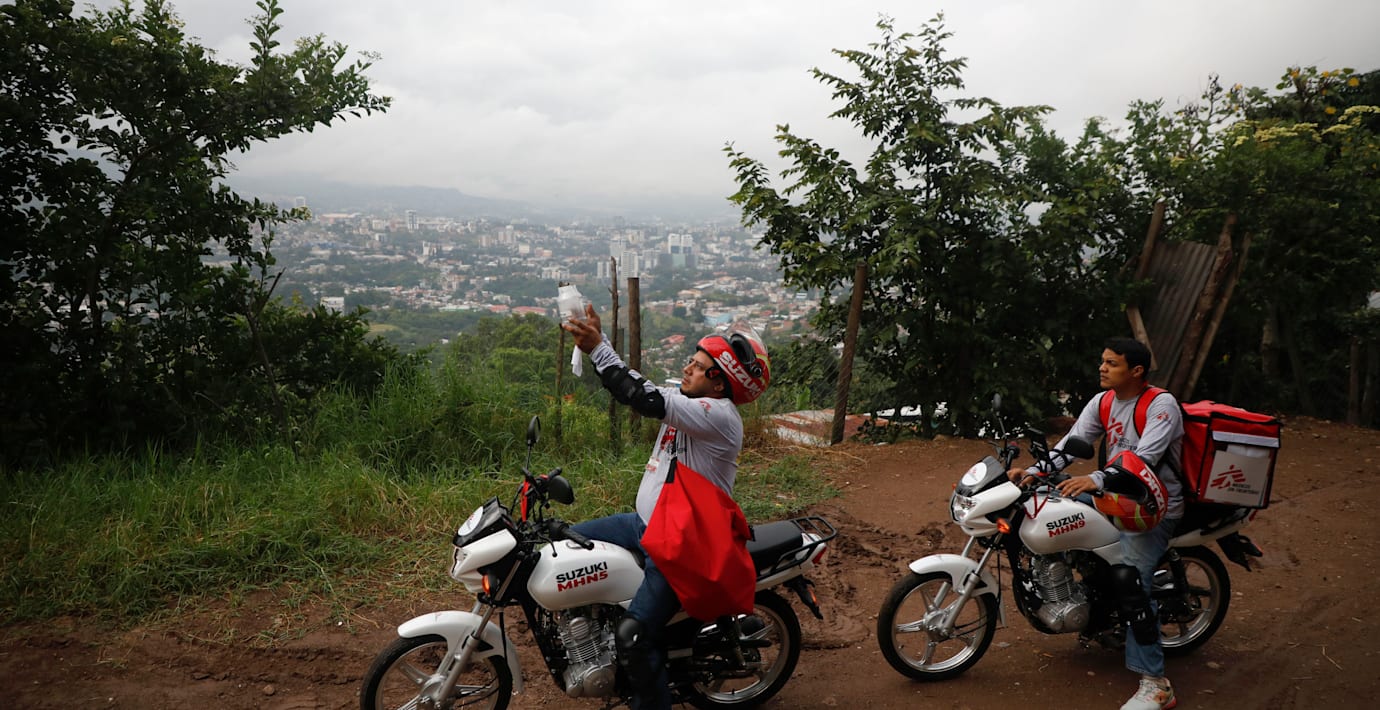
Nio miljoner myggor ska stoppa dengue i Honduras
I decennier har människor i Honduras lärt sig att frukta myggor och den denguefeber som de kan bära på. Men nu testas en ny strategi för att stoppa viruset i landet – där den tidigare fienden i stället blir en allierad, skriver AP.
Forskare har fött upp myggor som bär på en särskild bakteriesläkt, Wolbachia, som visat sig stoppa spridningen av dengue. När myggorna förökar sig överför de bakterierna till sina avkommor, vilket väntas minska utbrotten i framtiden.
Det kommande halvåret kommer nio miljoner myggor som bär på bakterien att släppas ut Honduras, där 10 000 insjuknar i dengue varje år.
– Det finns ett desperat behov av nya tillvägagångssätt, säger Scott O'Neill, grundare av den ideella organisation som utvecklat strategin.
bakgrund
Denguefeber
Wikipedia (en)
Dengue fever is a mosquito-borne tropical disease caused by the dengue virus. Symptoms typically begin three to fourteen days after infection. These may include a high fever, headache, vomiting, muscle and joint pains, and a characteristic skin itching and skin rash. Recovery generally takes two to seven days. In a small proportion of cases, the disease develops into a more severe dengue hemorrhagic fever, resulting in bleeding, low levels of blood platelets and blood plasma leakage, or into dengue shock syndrome, where dangerously low blood pressure occurs.Dengue is spread by several species of female mosquitoes of the Aedes genus, principally Aedes aegypti. The virus has five serotypes; infection with one type usually gives lifelong immunity to that type, but only short-term immunity to the others. Subsequent infection with a different type increases the risk of severe complications. A number of tests are available to confirm the diagnosis including detecting antibodies to the virus or its RNA.Two types of dengue vaccine have been approved and are commercially available. On 5 December 2022 the European Medicines Agency approved Qdenga, a live tetravalent attenuated vaccine for adults, adolescents and kids from four years of age. The 2016 vaccine Dengvaxia is only recommended in individuals who have been previously infected, or in populations with a high rate of prior infection by age nine. Other methods of prevention include reducing mosquito habitat and limiting exposure to bites. This may be done by getting rid of or covering standing water and wearing clothing that covers much of the body. Treatment of acute dengue is supportive and includes giving fluid either by mouth or intravenously for mild or moderate disease. For more severe cases, blood transfusion may be required. Paracetamol (acetaminophen) is recommended instead of nonsteroidal anti-inflammatory drugs (NSAIDs) for fever reduction and pain relief in dengue due to an increased risk of bleeding from NSAID use.The earliest descriptions of an outbreak date from 1779. Its viral cause and spread were understood by the early 20th century. Dengue has become a global problem since the Second World War and is common in more than 120 countries, mainly in Southeast Asia, South Asia and South America. About 390 million people are infected per year, about half a million require hospital admission, and approximately 40,000 die. In 2019, a significant increase in the number of cases was seen. Apart from eliminating the mosquitos, work is ongoing for medication targeted directly at the virus. It is classified as a neglected tropical disease.
Honduras
Omni är politiskt obundna och oberoende. Vi strävar efter att ge fler perspektiv på nyheterna. Har du frågor eller synpunkter kring vår rapportering? Kontakta redaktionen
